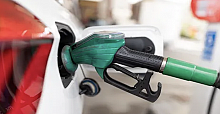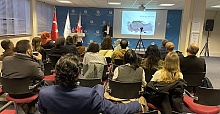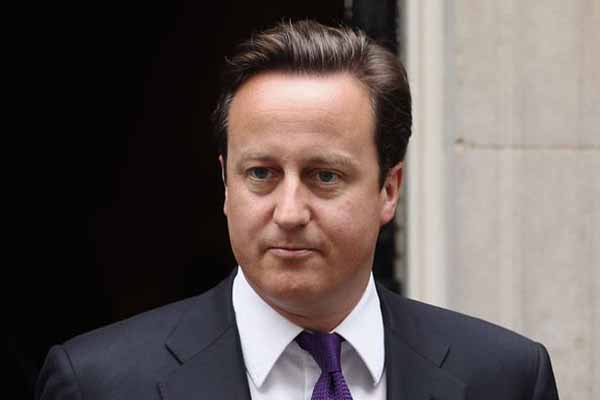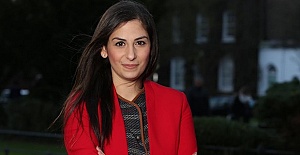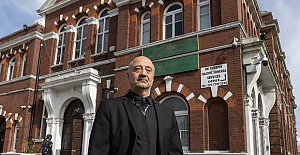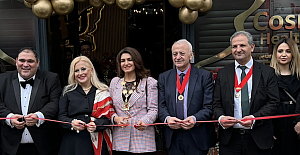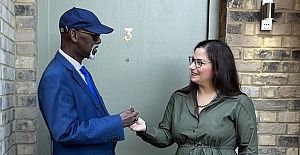The EU is debating how to strengthen its arms sector and bolster a common defence policy across the 28-nation bloc, possibly by encouraging co-operation on big military projects. Cameron, under pressure from anti-EU members of his Conservative Party to be seen to stand up to the bloc, will say NATO must remain the most important Western military alliance and will resist any talk of combined EU armed forces. "The prime minister will be making clear the primacy of NATO. We see NATO as the bedrock of our collective defence," a British official said. "Any EU action should be complementary to that, but not duplicating it. "We should be very clear that defence is a member state competence and we don't want to see an extension of EU action in this area." The European Commission, the EU's executive body, has traditionally left defence policy to individual states. But in July it set out ideas to improve co-operation and competition in a Europe-wide defence sector that was worth 96 billion euros (£80 billion) in 2012. Britain will oppose any changes that threaten its defence industry, which employs 100,000 people and has a turnover of 22 billion pounds a year. Its exports were worth 8.8 billion pounds in 2012.
Cameron is also keen to avoid any Europe-wide defence policies that British eurosceptics would condemn as a politically motivated step towards further EU integration.
His Conservative Party, behind in the polls before a 2015 election, faces a challenge from the UK Independence Party, which wants to leave the EU and tighten immigration laws.
Cameron has promised to renegotiate Britain's ties with the EU before holding a referendum by 2017 on whether to remain in the bloc, provided he wins the election.
The European Council summit on Thursday and Friday will deal with defence for the first time in five years. EU leaders are trying to promote defence cooperation in four areas.
EU foreign policy chief Catherine Ashton said in October that members should work together on drones, air-to-air refuelling, satellite communications and cyber defence.
"What the EU does do should be focused on practical action, facilitating what member states may want or choose to do together," the British official added.



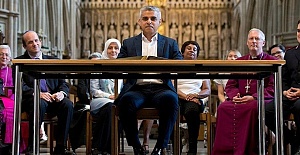 The candidates vying to be the next London mayor
The candidates vying to be the next London mayor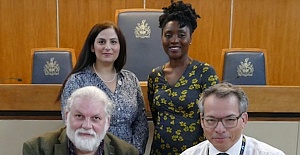 Enfield Council commits to anti-racism and diversity pledge
Enfield Council commits to anti-racism and diversity pledge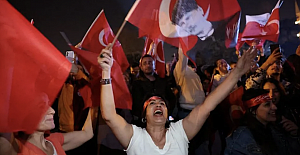 President Erdogan promised supporters his party would learn its lessons from the defeat
President Erdogan promised supporters his party would learn its lessons from the defeat Mayor of London and London Assembly elections
Mayor of London and London Assembly elections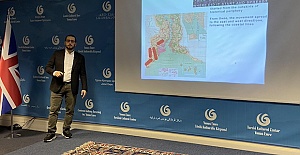 A Century of Urban Transformation, Istanbul’s Evolution
A Century of Urban Transformation, Istanbul’s Evolution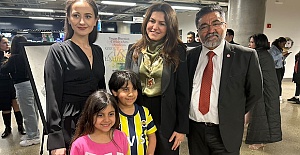 Future Painters Exhibition at Tottenham Hotspur Stadium
Future Painters Exhibition at Tottenham Hotspur Stadium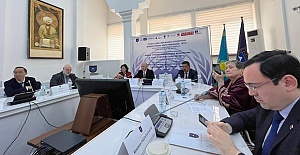 Models of Teaching International Journalism for Sustainable Development
Models of Teaching International Journalism for Sustainable Development UK and US scientists have been working on eclipse observations
UK and US scientists have been working on eclipse observations English Premier League leaders Arsenal will visit title contenders
English Premier League leaders Arsenal will visit title contenders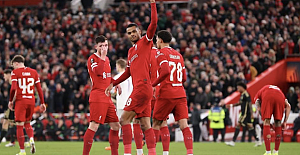 Liverpool meet Atalanta and West Ham face Bayer Leverkusen
Liverpool meet Atalanta and West Ham face Bayer Leverkusen Arsenal face Bayern Munich and Manchester City play Real Madrid
Arsenal face Bayern Munich and Manchester City play Real Madrid UK Transfer deadline day, the transfer window closes tonight
UK Transfer deadline day, the transfer window closes tonight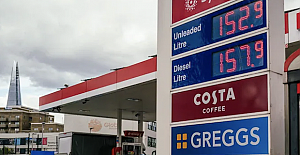 Petrol prices on UK forecourts hit 150p a litre
Petrol prices on UK forecourts hit 150p a litre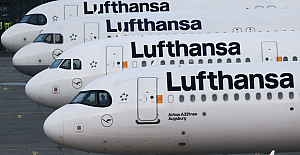 Europe's travel strikes: Flight and train disruption you can expect in April
Europe's travel strikes: Flight and train disruption you can expect in April Enfield Council website achieves digital inclusion recognition
Enfield Council website achieves digital inclusion recognition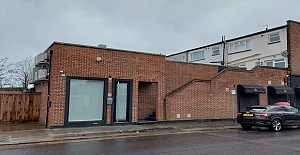 Enfield Council’s Planning Enforcement team goes from strength to strength
Enfield Council’s Planning Enforcement team goes from strength to strength
